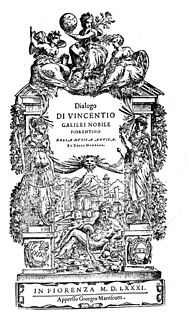A Quote by E. M. Forster
Intuition attracts those who wish to be spiritual without any bother, because it promises a heaven where the intuitions of others can be ignored.
Related Quotes
Capitalism offers nothing but frustrations and rebuffs to those who wish - because of claimed superiority of intelligence, birth, credentials, or ideals - to get without giving, to take without risking, to profit without sacrifice, to be exalted without humbling themselves to understand others and meet their needs.
In the first place, you shouldn't believe in promises. The world is full of them: the promises of riches, of eternal salvation, of infinite love. Some people think they can promise anything, others accept whatever seems to guarantee better days ahead, as, I suspect is your case. Those who make promises they don't keep end up powerless and frustrated, and exactly the fate awaits those who believe promises.
It is not rational to assume, without evidence, that rationality can disclose everything about the world, just because it can disclose some things. Our intuition in favour of rationality, where we are inclined to use it, is just that - an intuition. Reason is founded in intuition and ends in intuition, like a pair of massive bookends.
The question occurred to me: Well, if that's so, if the Divine is ultimately formless and genderless, what's the big deal? Why all this bother? The bother is because we have no other way of speaking about the Absolute. We need forms and images. Without them we have no way of relating to the Divine. Symbol and image create a universal spiritual language. It's the language the soul understands.
Making promises to myself, in my personal writing practice, has been important to me all my life. In practical application it is so much easier for me to make promises to others, and keep them, than it is to make promises to myself. "Why is that?" and the answer I gave myself is that in making promises to others I create a model of accountability and reinforcement. I duplicate that in my writing and have grown increasingly better at making and keeping promises to myself.
It appears to me that those who rely simply on the weight of authority to prove any assertion, without searching out the arguments to support it, act absurdly. I wish to question freely and to answer freely without any sort of adulation. That well becomes any who are sincere in the search for truth.
Without being bound to the fulfillment of promises, we would never be able to keep our identities; we would be condemned to wanderhelplessly and without direction in the darkness of each man's lonely heart, caught in its contradictions and equivocalities--a darkness which only the light shed over the public realm through the presence of others, who confirm the identity between the one who promises and the one who fulfills, can dispel.






































